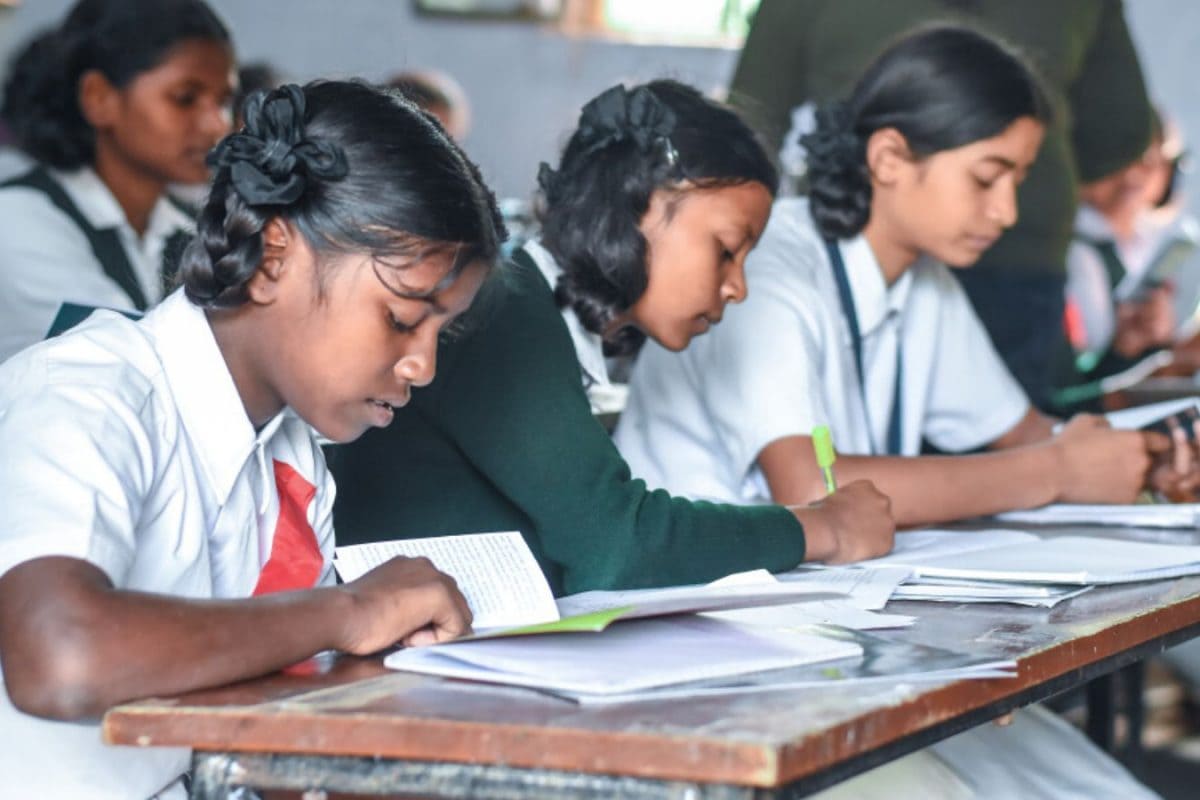

In Rajasthan, a teacher is facing serious accusations of failing approximately 40 students who allegedly refused to take private tuition from them, with allegations surfacing that the teacher demanded ₹15,000 from each student. The incident has sparked outrage and raised concerns about ethical conduct within the education system.
The alleged demand for tuition fees in exchange for passing grades has ignited a debate about the exploitation of students and the potential for abuse of power by educators. It is alleged that the teacher intentionally failed those students who did not comply with the demand to take private tuition.
This incident is not isolated, as other cases of misconduct by teachers in Rajasthan have recently come to light. In one instance, a teacher was suspended for allegedly failing a student to settle a score with the student's uncle. The teacher, Savita Meena, was accused of intentionally failing the Class 11 student due to a past dispute. Rajasthan Education Minister Madan Dilawar ordered the suspension of Meena after the student raised the issue during a visit. The student claimed that despite her academic performance being better than some students who passed, she was failed.
In another case, a government school teacher was suspended for allegedly forcing a Class 9 student to quit an exam to prepare a chicken for the teacher. Locals complained, leading to an inquiry and the teacher's suspension. Furthermore, there was a case of a professor arrested for allegedly demanding sexual favors from a university student and failing her when she refused.
These incidents raise serious questions about the integrity of the education system and the need for stricter oversight and accountability. Rajasthan's Education Minister has expressed his concern over such incidents, stating that teachers have lost faith in merit. In light of these events, authorities may need to reinforce ethical guidelines and implement measures to prevent the exploitation of students. It is crucial to ensure that educators prioritize the well-being and academic progress of their students without engaging in unethical or coercive practices.